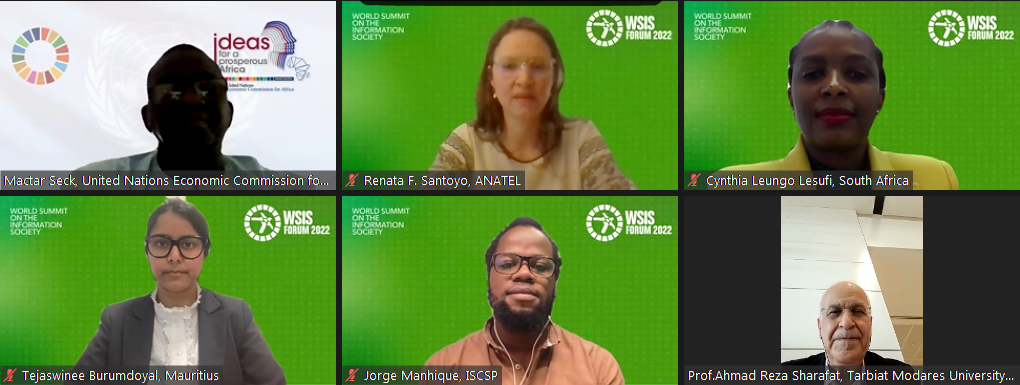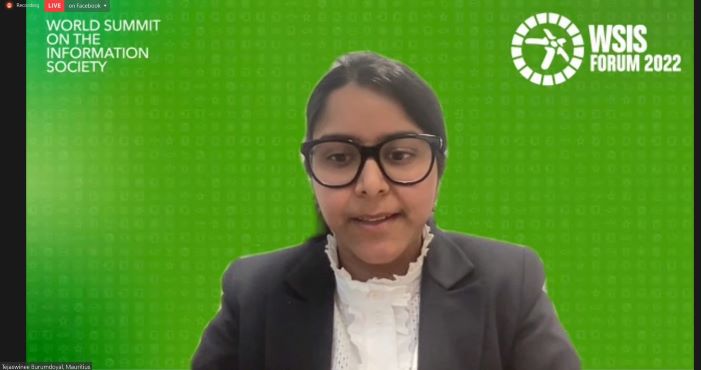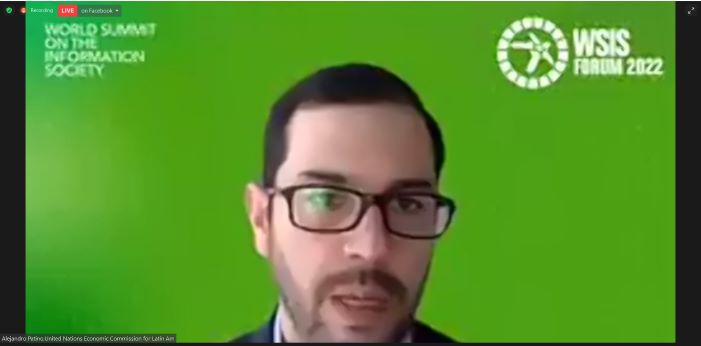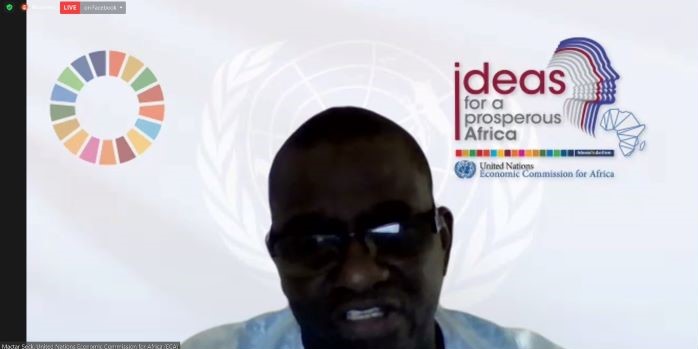ICTs Access and Affordability in Developing Countries for Digital Inclusion
WSIS/United Nations Economic Commission for Africa/United Nations Economic Commission for Latin America and the Caribbean
Session 288
The COVID-19 pandemic has caused a radical shift in the mechanism of global society. There has been an exponential increase in the need for ICTs since the implementation of remote working and e-learning. For developed countries, this may not be an issue due to the high accessibility to these ICTs. However, in developing and least developed countries, there are many challenges that need to be addressed. An ITU research has found that only 20% of people in Least Developed Countries (LDCs) use the Internet; however, it is typically at low download speeds, and it comes at a relatively high cost. As for fixed broadband subscriptions, the Digital Economy Report drafted by the UNCTAD stated that although the penetration rate has increased in developing countries, in LDCs, the average number of these subscriptions were close to zero per hundred people in the 2005–2020 period.
One major barrier to connectivity, is affordability. The UN Secretary-General's Roadmap for Digital Cooperation and Our Common Agenda report recognize connectivity as a basic foundational element of the UN Sustainable Development Agenda. Universal, affordable, meaningful connectivity needs to become every nation's new development benchmark, and urgent priority.
This session aims to address the challenges and find solutions to the barriers faced by LDCs and developing countries from gaining affordable internet services and ICTs to support meaningful digital inclusion for all.
Drawing on experiences from different stakeholders, the workshop will highlight good practices, key considerations and ways to maximise impact.
[1] Connectivity in the Least Developed Countries Status Report 2021- ITU Development Sector
[2] Digital Economy Report 2021- UNCTAD
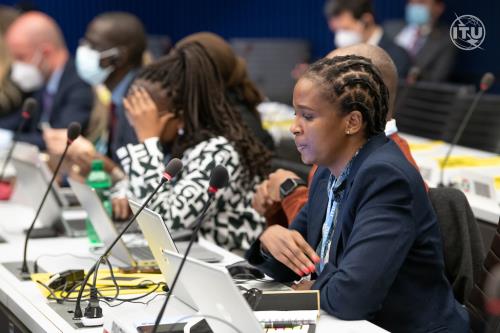
Ms. Cynthia Lesufi studied Law at University of North-West, , Master of Arts in ICT Policy and Regulations at University of Witwatersrand. She also did a Post Graduate Diploma in Management Practices at Henley Business School, Africa. In addition, she obtained a Certificate in Telecommunications Policy, Regulation and Management from Wits Business School.
Cynthia is a seasoned Policy and Regulatory Development Manager with over 15 years’ experience in the Information and Communications Technology (ICT) sector. In her current role in the Department of Communications and Digital Technologies (DCDT) she is responsible for key areas such as developing and implementing ICTs communications strategies and policies, and stakeholder relations engagements.
Cynthia has been privileged to be one of the key members of the national delegations to supra-national conferences of the Southern African Development Community (SADC), African Telecommunications Union (ATU), United Nations (UN) and International Telecommunications Union (ITU). She has actively participated in and led preparation of contribution documents to conferences in the form South African position papers for the development of global policy framework on emerging technologies. She is currently participating in the ITU council and its associated work group meetings.
She also participates actively in the development and implementation national digital policies, policy direction and legislation. She has led the development process of the Draft National Data and Cloud Policy that is due to be finalised.
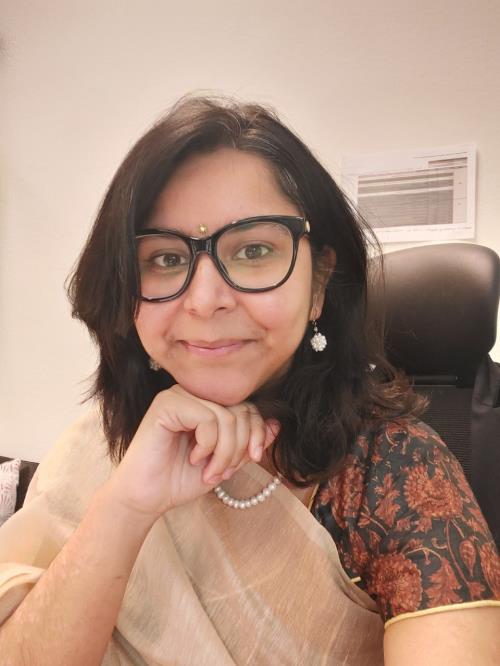
Tejaswinee Burumdoyal joined the Ministry of Foreign Affairs of Mauritius in May 2016. She presently serves as Second Secretary at the Mauritius Embassy and Permanent Mission to the United Nations and other International Organizations, Geneva looking after human rights, humanitarian, ITU, Disarmament, ILO and elections matters. She is also responsible for consular issues at the Embassy. Prior to her posting in Geneva, Tejaswinee was in the Capital where she was desk officer for disarmament, anti-money laundering and combating financing terrorism and elections. She was in the team which prepared the first Voluntary National Review (VNR) report of Mauritius on the implementation of the Sustainable Development Goals. Tejaswinee is passionate about international law and development issues.Tejaswinee has a first degree in Economics and International Relations and holds an LL.M in International Law.
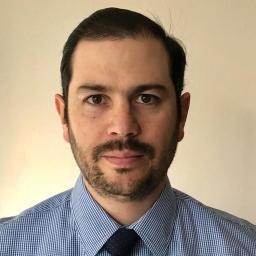
Alejandro Patino is an information and communications technologies (ICT) sector specialist and researcher at unit of innovation and new technologies at ECLAC, with more than 15 years of experience in this field. He is co-author of several publications on the adoption of digital technologies, ICT statistics, and innovation at ECLAC and helped lead the coordination of the Digital Agenda for Latin America and the Caribbean (eLAC2022). Before joining ECLAC, he was the Executive Director of the Agency for the Development of the Information Society in Bolivia, the manager of the country top level domain (ccTLD) and worked at the telecommunications regulatory body in Bolivia. He is an economist from Instituto Tecnológico y Estudios Superiores de Monterrey (I.T.E.S.M) and holds a master’s degree in Economics and Regulation of Public Utilities with a specialty in telecommunications from the University of Barcelona.

Renata Santoyo is currently working with International Affairs at Anatel, the Telecommunications Regulator in Brazil, where she is also a government officer since 2005. She is graduate in law with specialization in Telecommunications Regulation by the University of Brasília (UnB), by the National Telecommunications Institute (INATEL) and has Master’s degree in Roman Law and Contemporary legal systems (Università di Roma Tor Vergata). She was vice chair in CWG-WSIS for the America´s Region from 2020 – 2022. In Anatel she already worked with satellite and spectrum regulation and as adviser in product certification area and numbering.
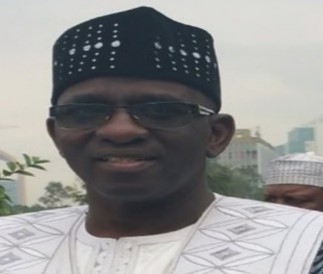
Dr. Mactar Seck has been involved in the telecommunication, ICT4D including Digital Id , Digital Trade and digital economy as well as in STI field over the last 20 years, specializing in areas such as digital policy strategy and regulatory framework, internet governance issues, digital infrastructures including Broadband, nanotechnology, Internet related research (IoT, Cloud services, artificial intelligence, digital payment systems,) etc.), integrated services digital networks including digital ID, digital economy, tax policy platforms, etc.
Working as the Chief of Technology and Innovation Section and Coordinator the Digital Centre of Excellence on Digital ID, digital trade and Digital economy a Digital Economy at the Economic Commission for Africa, He assisted several African countries, international and regional organizations to formulate, implement and evaluate policies and strategies in digital technologies/applications for achieving SDGs. He is also the WSIS and Internet Governance Forum focal point of UNECA
Before to join ECA, He held several position in Senegal (Director General of the Telecommunication Regulatory Authority, Executive Secretary of the Senegalese High Council of Industry, Chief of Teleservices and Innovation Division at the national Telecom operator (Sonatel), etc.). He served as a senior researcher at TDF C2R Group France Telecom and was awarded a European patent on data/image compression systems. Lauréat of the « Grand Prix du Président de la République du Sénégal pour les Sciences et l ’Innovation » Edition 1996, He is also Member of the Senegalese Academy of Sciences and Technology.
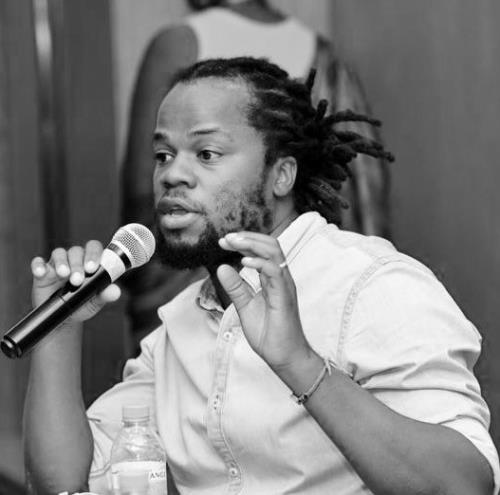
Jorge Manhique is Marie Curie Research Fellow at Instituto Superior de Ciencias Socias e Politicas (ISCSP), University of Lisbon. He has an extensive experience of research and advocacy in ICT accessibility for person with disabilities across Africa.
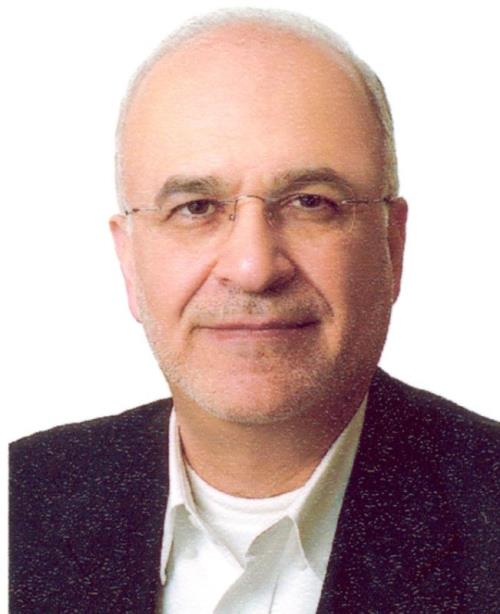
Prof. Ahmad R. Sharafat is Senior Advisor to the Minister of Communications and Information Technology in Iran; Professor of Electrical and Computer Engineering at Tarbiat Modares University, Tehran, Iran; Member of the Iranian Academy of Sciences; and Chairman of ITU-D Study Group 2. He received his B.Sc. degree from Sharif University of Technology, Tehran, Iran, and his M.Sc. and his Ph.D. degrees both from Stanford University, Stanford, California, all in Electrical Engineering in 1975, 1976, and 1981, respectively. He has been active in specialized international organizations in the field of telecommunications and information technology, and in particular, the International Telecommunication Union (ITU) and Asia Pacific Telecommunity (APT). He has published extensively in scientific scholarly refereed journals, has numerous presentations to international conferences, has co-authored four books, and has eleven patents.
